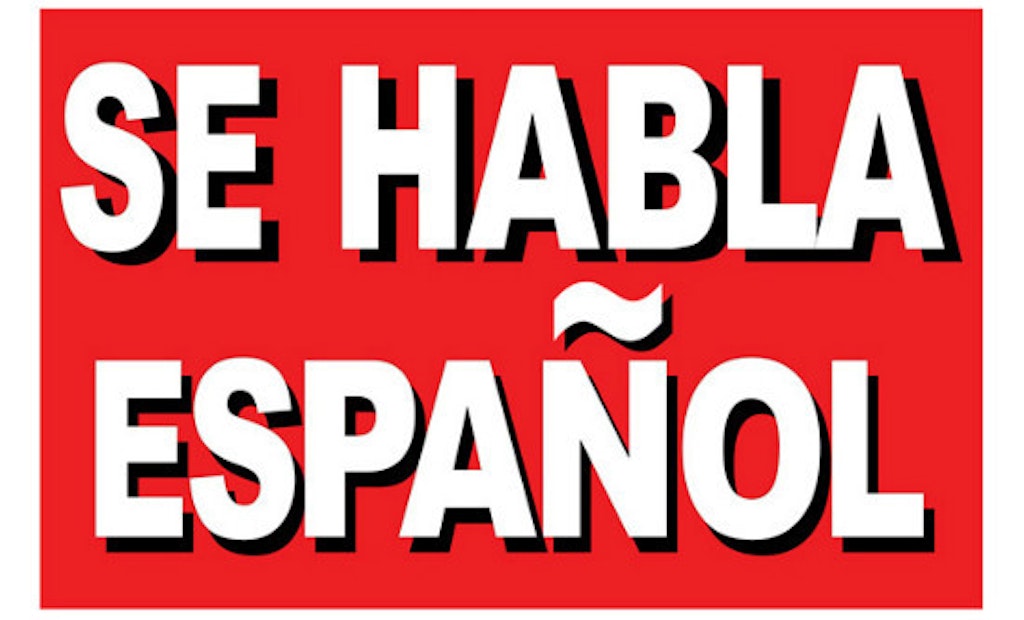Interested in Business?
Get Business articles, news and videos right in your inbox! Sign up now.
Business + Get AlertsIt’s a challenge not every contractor may face, but for those in metropolitan areas, border cities or ethnically diverse communities, language can present a barrier to doing business effectively. Having bilingual technicians can be a huge benefit.
That’s something Bill Howe, owner of Bill Howe Companies in San Diego, can attest to. Of his 150 employees, at least half, he estimates, are bilingual — most speaking English and Spanish. “It’s always something that’s a plus for us,” Howe says.
Howe’s services include drain cleaning, plumbing, gas line repairs/replacements, slab leak location and repair, and water damage/mold remediation and reconstruction. His company fields about 8,000 calls per month in a very diverse community. Census figures from 2014 indicate that of the 3.2 million people in San Diego County, about 33 percent are Hispanic.
Due to the nature of his region, Howe — who has run his companies for 35 years — has not only seen the need for bilingual employees, he has reaped the benefits of that diverse demographic. Because much of the labor pool is native Spanish-speaking, Howe has been able to find plenty of bilingual employees. “It comes naturally,” Howe says. “That’s the labor market (here).”
Most of the Spanish speakers on his staff — about half — are native Spanish speakers with English as their second language.
While several of his field supervisors speak Spanish, Howe is also mindful of having bilingual speakers in the office to handle phone calls.
With a growing ethnic base in San Diego — especially Chinese and Filipino — Howe says, “At some point, we are probably going to have to recruit (speakers of those languages).”
Ricky Salinas operates in an entirely different region of the country — Manassas, Virginia —where he serves the suburban Washington D.C. area. The co-owner of All American Plumbers is a native speaker himself; of Bolivian descent, Salinas was born in Virginia and raised in South America.
Salinas’ company, which focuses on sewer and drain cleaning, employs quite a few laborers who speak Spanish. “Our area has a lot of Salvadoran and Guatemalan immigrants,” he says. He estimates that about half of his 20 technicians are bilingual (English and Spanish), and he also has an employee who speaks Tagalog (a Filipino language).
“We definitely promote (having bilingual employees); as a business owner, it makes a difference in my field,” Salinas says. “It does make a huge difference as a company owner.”
The area around the nation’s capital has “pretty much every language group you can find,” says Salinas, noting there is a large demographic of Asian, Middle Eastern and Latino residents.
Salinas doesn’t actively seek out bilingual employees, nor does he offer training, but he has definitely seen the benefits of having them on staff. “It would give them an added edge,” he says.
On the drain cleaning side, Salinas says his company services a lot of restaurants. “A lot of the staff in the kitchen … only speak Spanish,” he says. “By having a bilingual technician, we are better able to determine what services are needed.”
And he has rarely found his company unable to bridge a language barrier. “We have enough people on staff to cover it,” he says. “The possibilities of not being able to communicate with your customers is probably 1 in 100.”






